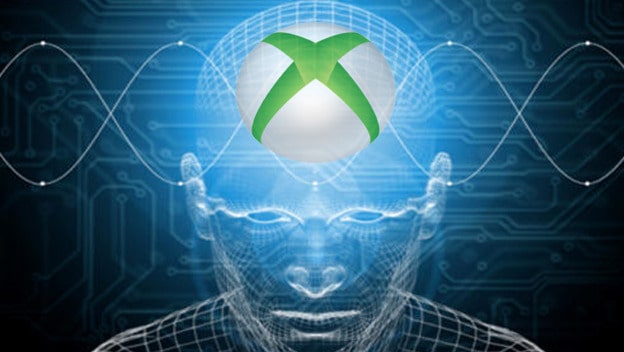You can’t stop a tidal wave, so you might as well grab your board and ride it out.
Take a look at that stack of video game cases next to your console. It doesn’t matter if they are PlayStation, Xbox or Nintendo games, you can kiss them goodbye. To quote Egon from Ghostbusters (albeit a slightly altered version) “…physical media is dead.” We’ve seen this shift pick up steam for years now, to where it actually can no longer be considered just a trend. While the natural evolution of media has always followed hand-in-hand with technology (from records, to eight tracks, to cassettes, to CD and finally to MP3), we have hit what many consider a “singularity.” Once we transitioned into the digital realm (where we are no longer tied to plastic hardware), the days of having to rebuy your 1,800+ DVD collection on Blu-ray has become a thing of the past.
And so ends the days of sliding a disc into a console as well.
We’ve been hearing speculation that games will one day be completely distributed digitally for years. Even now analysts have begun to take this one step further, predicting the very existence of video game consoles themselves could soon go the way of the phonograph. However, never has the possibility been more of a reality than in 2014. Sony has already stated its intent to explore other avenues of bringing games to fans at this year’s CES. Supplementary to their current digital marketplace on the PSN, execs are also considering new outside-the-box ideas. One in particular is streaming games to smart HDTVs (rendering the need for an actual PlayStation console irrelevant). Microsoft head Phil Spencer also spoke at this year’s Game Developers Conference, citing their refocused vision on a perfect marriage of digital content and their next-gen Xbox One. Spencer says they “…believe in a digital future on our box.” However, digital does not come without its draw backs. It can certainly be a slippery slope when dealing with ownership. While this could be problematic when trying to share content among friends and family (as just handing them the disc will no longer be an option), Microsoft says they have taken this into consideration. “…we understand what games you own and who you are and how you move around and who you might want to loan rights to your games or gift your games to. We totally believe in that future. And any other marketplace you play in, these kind of mechanisms are out there.” Said Spencer.
Digital rights issues aside, this next move isn’t really one that’s optional. It’s a sign of the times.
And if Microsoft is smart, they will get out ahead of it immediately. Their current standings at this early stage in the next-gen console race aren’t promising, as Sony’s console continues to outsell theirs by almost double worldwide. Now, with speculation that Microsoft may consider selling off its games division, the Xbox One needs a magic bullet of some type to truly put them back in the race. The PS4 car on the track obviously has no intention of slowing down, so the #2 Xbox car needs to find a way to gain serious momentum if they plan to overtake them. Embracing a full-on digital profile could help them grab the brass ring. While the consumer marketplace is not yet ready for a fully digital conversion just yet, it’s coming. Sony knows it and is already making plans. If Microsoft could capitalize on this early (solidifying themselves in the minds of gamers as THE digital gaming platform first), it could keep them from sinking further into the gaming quicksand they currently occupy.

Sony is great at generating brand loyalty. So, if the first real shift towards disturbing 100% of gaming content is found on Xbox Live, that kind of notoriety could go a long way at the register. As they did with the 360’s later models (which integrated several core features into the consoles design instead of having them exist externally), imagine an Xbox One version that touts itself as the first hard drive only based system on the market. If they could get developers onboard early, I see it literally paying off for them in a big way. After all, Microsoft is the only company with an OS background, which helps add legitimacy to the venture (thus giving them a distinct advantage in that regard).
So prepare yourself for the day when you have to explain to your grandkids the concept of a used game store. Can’t you hear the little ankle biters now?
“ Ewww Grandpa…pre-owned sounded gross !”
